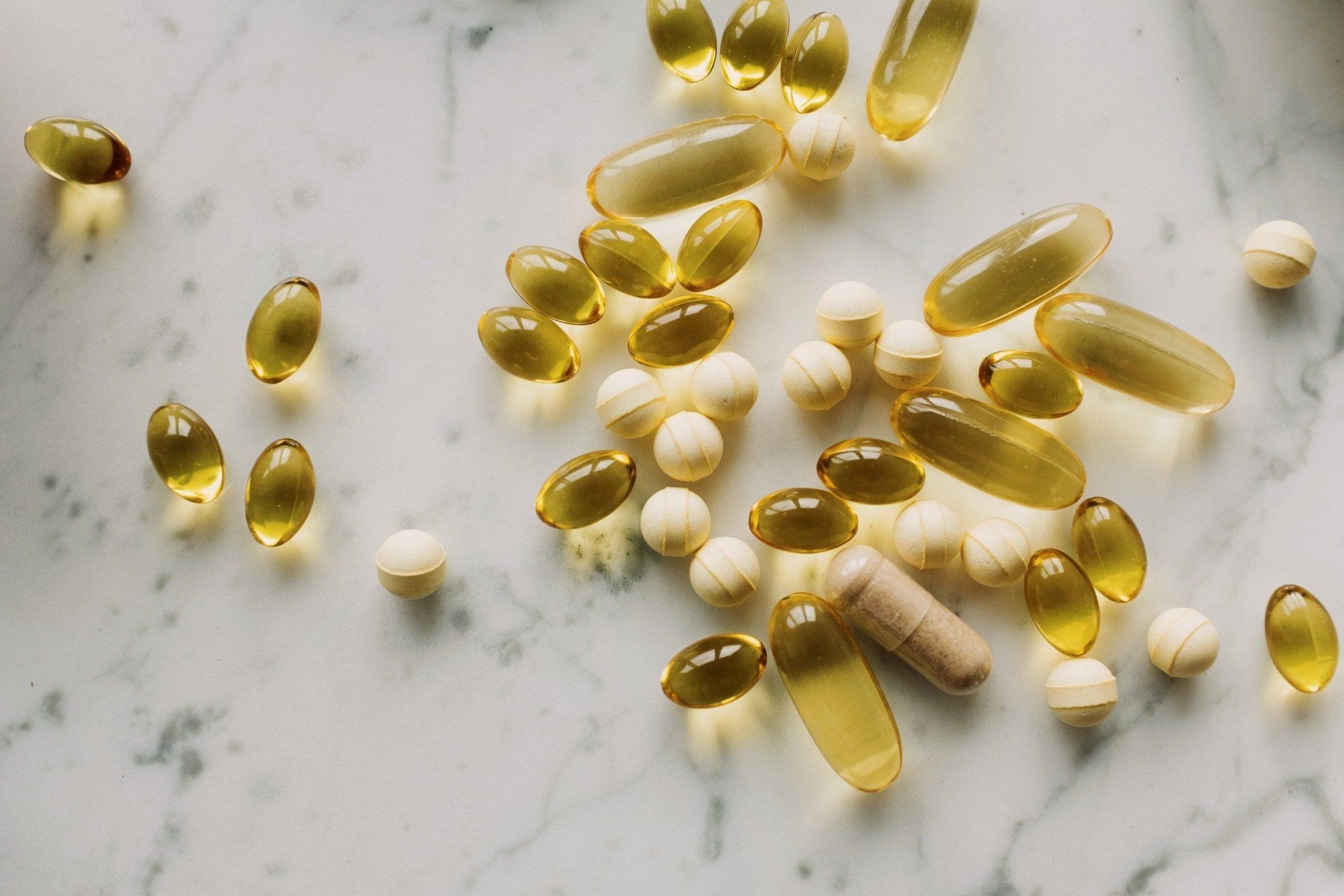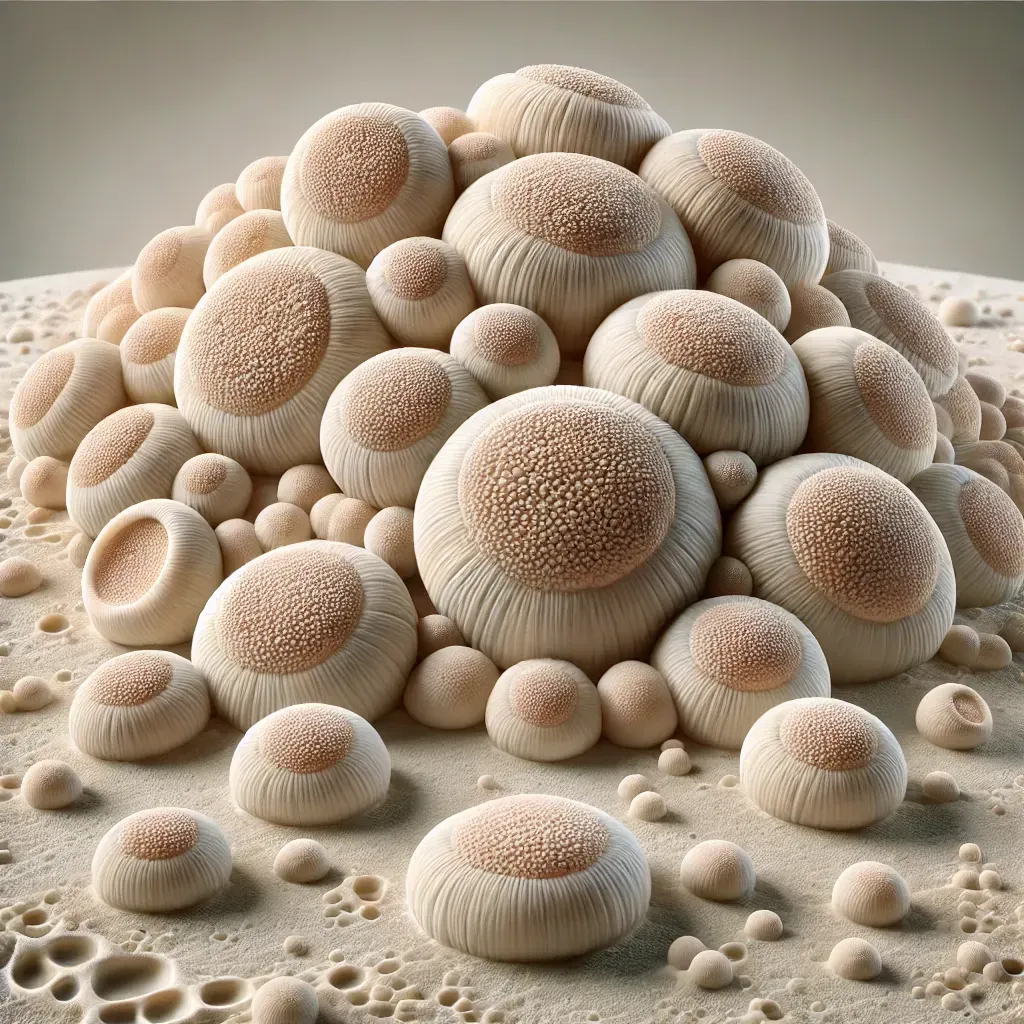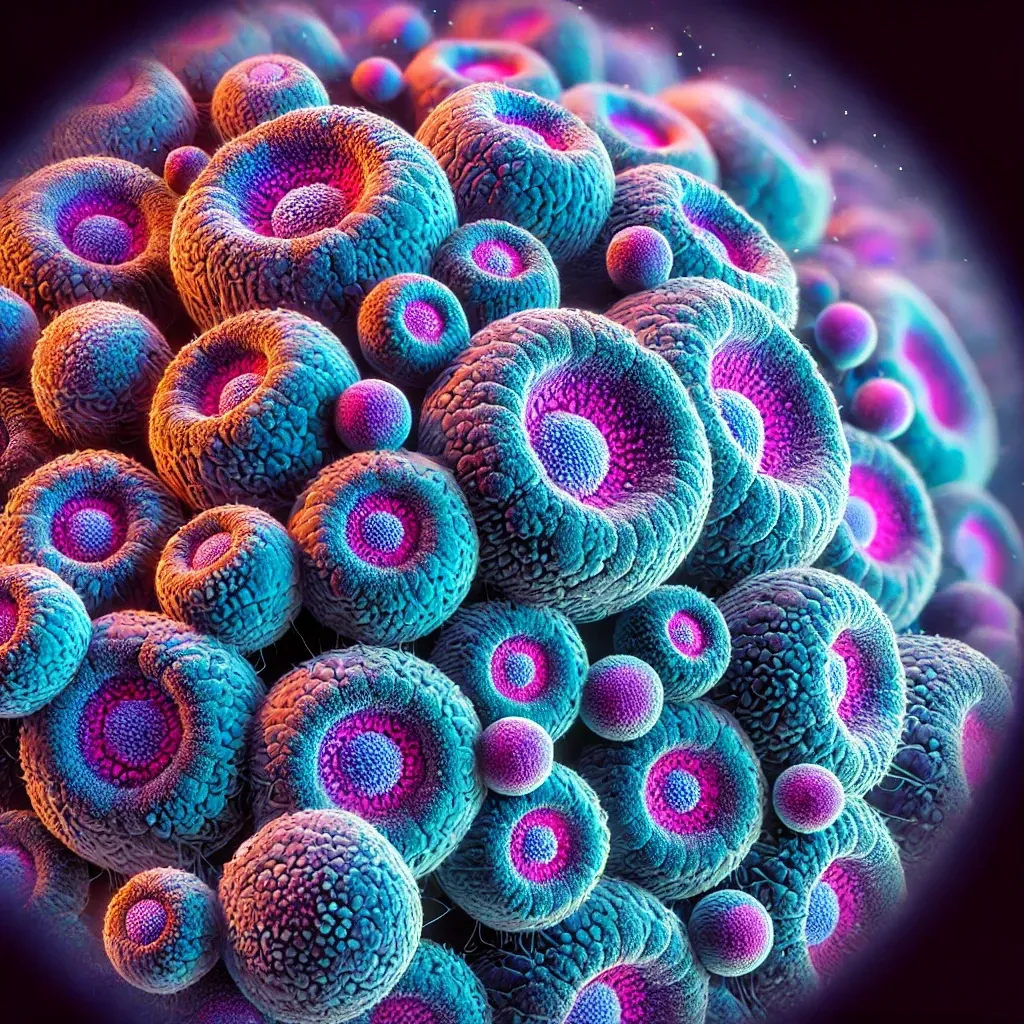Stress Part 1: Good, Bad, and How to Deal
The real effects of chronic stress, and what you can do about it.
Have you ever met a person who has never experienced stress? Don’t think too hard, the answer is no. Everyone has experienced stress in their life in some form or another. It is found in big life changing events such as a death in the family or a physical injury, or in everyday occurrences such as being late for work or an important meeting.
The body is really good at handling stressful situations. Its normal response is to produce a hormone called cortisol. Depending on the level of stress, the body will send out more or less cortisol in order to create a flight or fight response. Stress can be both good and bad for the body.
Good stress, or acute stress, is short-lived and can provide many benefits:
- Increased energy - Under acute stress, the HPA axis is activated which releases glucocorticoids, replenishing energy and assisting in cardiovascular function (gotta run faster if that bear is chasing you!).
- Strengthens the immune system - Bouts of acute stress can enhance the immune response over time.
- Increase stress immunity - With healthy stress-relieving practices (keep reading!), you can create a better physical and emotional response to stressful situations.
Bad stress is chronic stress due to emotional, dietary or pain/hidden inflammation issues. If the body is under chronic stress, bad things can happen:
- Increased blood pressure.
- Weakened immune system, making the body vulnerable to illness.
- Skin problems -- ever experience an acne explosion when you’re stressed? Well, it’s true! They go hand in hand, especially for men.
- Can lead to depression and/or anxiety due to an inability to cope with long-term stress.
Tips for Dealing with Stress:
- Know your stressors - Write them down! Once you actively think about and acknowledge the causes of your stress, you can begin to plan for them and maybe even avoid them altogether.
- Change what you are able - Some stressors are inevitable and unavoidable. You have to accept that you have no control over the actual event, but you might be able to control the parameters of it--how, where, and when. You have to have dinner with your mother-in-law so she can see the grandkids, but maybe you spend the time cooking a super fancy meal while she plays with them in their bedrooms.
- Practice saying “No” - A lot of stress is caused because we feel the need to over complicate our social calendars. This is especially true around holidays. You are human and you CANNOT do everything. Your health is what truly matters, so get good at saying “no” and enjoy the time to yourself.
- Be social - Wait, what? Didn’t I just say to not be social? Happy medium here, folks. Don’t fill every evening with activities, but don’t go 180 the other way and become a recluse either. It’s good to be in community with others--it actually helps your body release hormones that fight excessive levels of cortisol.
- Get up and move - Physical activity, even just going for a walk, can be a great stress-reliever. It gets your body moving and removes you physically, mentally and emotionally from stress, giving you a health break on many levels.
- Be thankful - Focus on the good things in your life. It’s so easy to get bogged down in the hard and yucky things, especially when there’s a lot of that going around. If you take a moment every day and find at least one thing you are thankful for or something that is going right in your life, you can actually feel the change in your mood.
This blog gave you some general information and is a bit on the light and fluffy side, but a great place to start. Stay tuned for the next few blogs in this series as we dig into stress and the effects it has on the body/mind if not properly managed.
Free E-book to get your energy back
I wrote an ebook about healing your mitochondria and gaining your energy back in 7 steps that I give away for free. The information in this ebook fits the bill for helping you overcome your health challenges such as what I've written about here in this blog post. Sign up and I'll send it to your inbox!
Ready to get your energy back?
SIGN UP NOW TO RECEIVE MY FREE "7 WAYS TO BRING BACK MY MOJO"
SIGN UPDon't Miss Out!

Heidi Toy Functional Medicine Blog

Omega-3 and Omega-6 are considered “essential” fatty acids because they cannot be produced by the body--we get them from the food we eat. They are biologically active upon ingestion, which means the body utilizes them right away and cannot store them up for later. They are essential because they help with both inflammatory and anti-inflammatory responses.

One of the reasons fad diets often fail is because they are not sustainable. The other reason is because they usually harm different systems in the body as much as they are meant to help. As with all health issues, when it comes to diet, everything should be in moderation. The following five diet points all involve TOO much of a “good thing”:




















































































